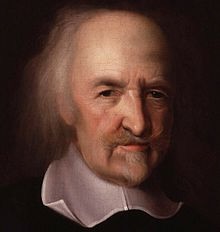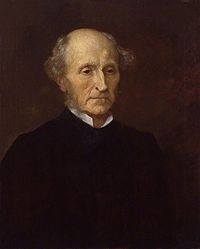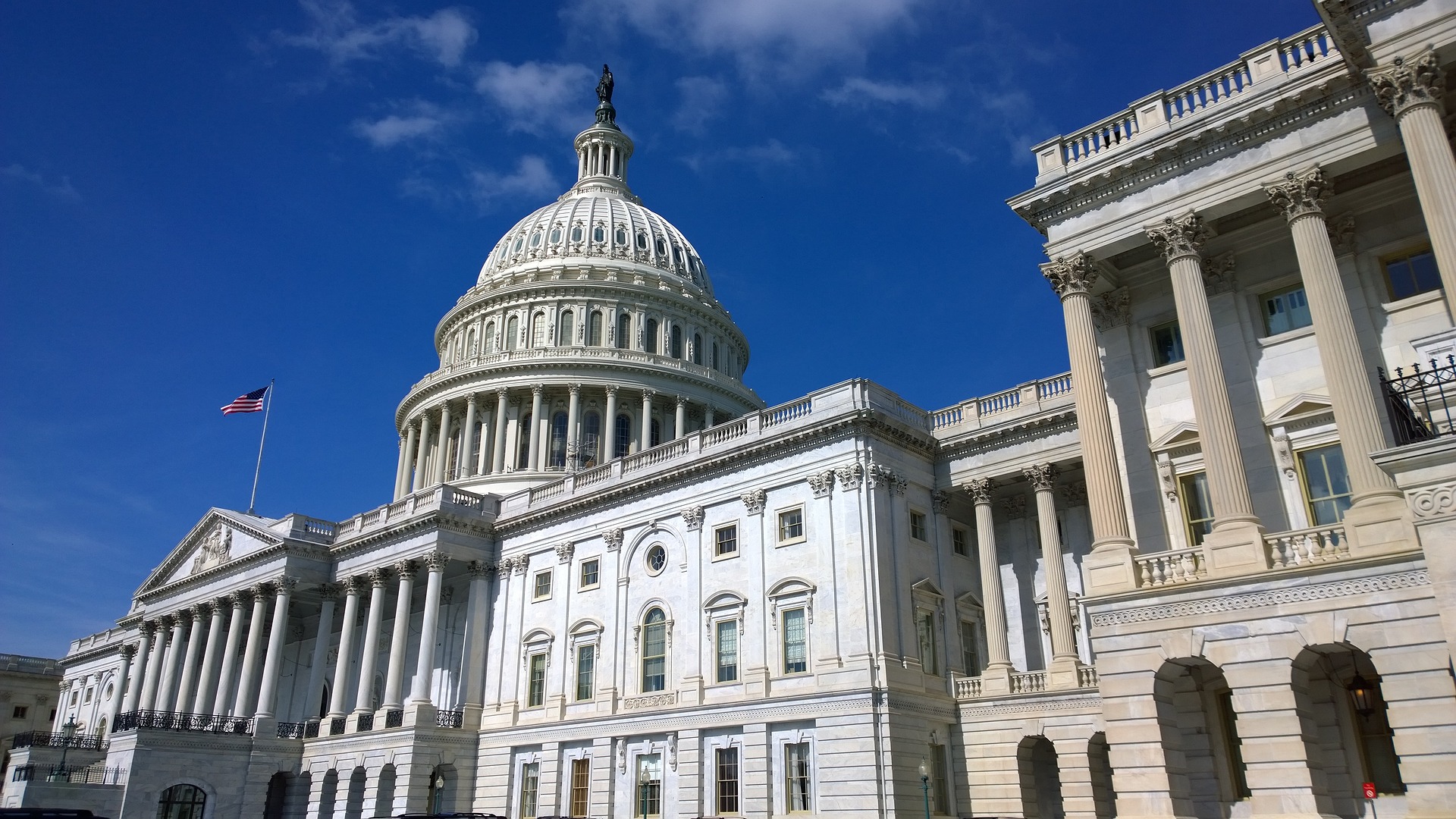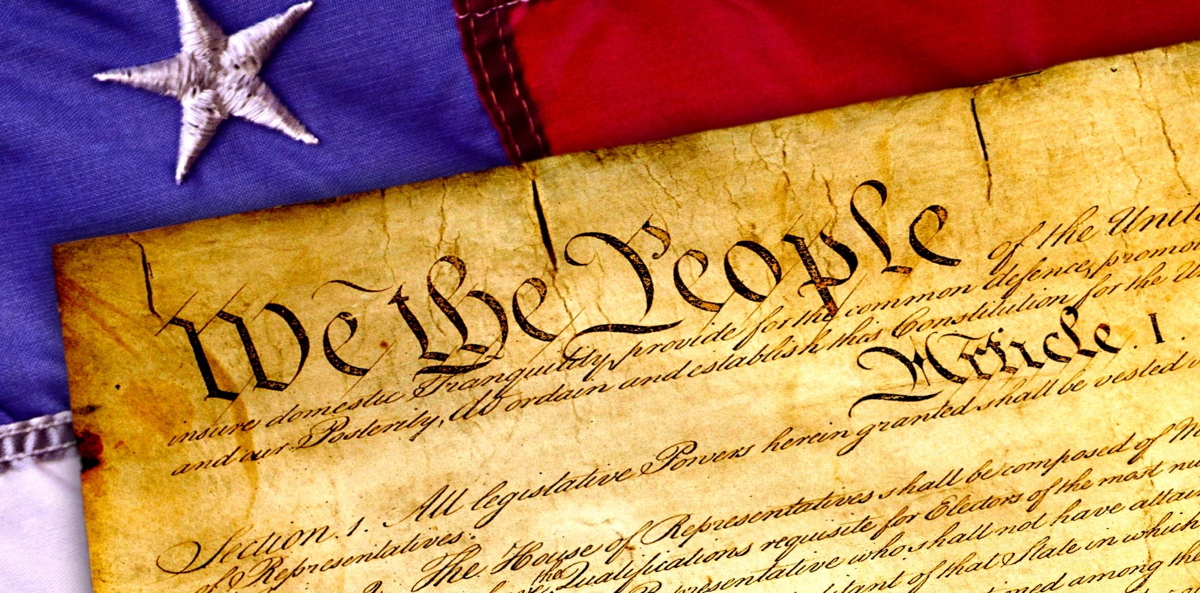World and local tensions are traceable to conflicting claims of rights. This is evident from a play pen of two toddlers to the antagonism between China and Hong Kong. Tensions are growing and it is time to find a source for natural rights that will appeal to all. We will know when we have found a better definition and source when we discover one that embraces all the capabilities of the human being and illuminates a path to the resolution of conflict. It will empower the US Supreme Court, for example to rule on cases without convoluted appeals to ethereal abstractions like “the public good” or “social justice”. There is a more definitive paradigm than the traditional sources of natural rights. This essay will explore the latter to show the unprecedented nature of the #newRightsParadigm.
Sources of Rights
 There is a new, secular basis for the inalienable rights proclaimed in our Declaration of Independence as a divine endowment. Although secular, this new basis does not deny that endowment; instead, it explains how it works. This new source is unprecedented, simple, powerful and compelling. It says that a right is simply the authority a person has to use his own powers. This feels like a common, historical definition but it is not. The following is a brief summary of natural rights as proposed by the major political philosophers.
There is a new, secular basis for the inalienable rights proclaimed in our Declaration of Independence as a divine endowment. Although secular, this new basis does not deny that endowment; instead, it explains how it works. This new source is unprecedented, simple, powerful and compelling. It says that a right is simply the authority a person has to use his own powers. This feels like a common, historical definition but it is not. The following is a brief summary of natural rights as proposed by the major political philosophers.
Traditional sources of natural rights are a study in mental experimentation with a number of possibilities espoused by one theorist or another. They include pure logic, historically successful jurisprudence, divine endowment, legal edict, ethical standards, conventional wisdom, appeals to morality, and human aspiration. The writings of these political philosophers represent a whole spectrum of theories and here is one reason why.
Their proponents address the issues with a mixture of hard facts and abstractions where both are given equal weight. Abstractions are deceptive little shills, standing in for reality but seldom representing it correctly. It is no wonder that the waters of the fountains of rights are always cloudy. Ideas based on other ideas cannot be expected to produce a final answer to anything. So it is that these traditional theories deliver sources for rights that are assailable by a host of arguments. It is no wonder that our rights are often ignored. We must do better.
Political Philosophers Who Wrote About Rights
John Locke
 I treat Locke first because his thinking was often cited by our founders. His name is almost universally connected with the rights we claim as US citizens. However, Locke never delved deeply into the issue of source but treated natural rights as a given and their source as God. He often referred to the laws of nature but did not detail how those laws connected to rights. More.
I treat Locke first because his thinking was often cited by our founders. His name is almost universally connected with the rights we claim as US citizens. However, Locke never delved deeply into the issue of source but treated natural rights as a given and their source as God. He often referred to the laws of nature but did not detail how those laws connected to rights. More.
Thomas Hobbes
 Hobbes connected natural rights with human powers saying that man’s basic right is “to use his own power, as he will himself, for the preservation of his own Nature; that is to say, of his own Life; and consequently, of doing any thing, which in his own judgement, and Reason, he shall conceive to be the aptest means thereunto.” Hobbes did not derive rights from natural law. Indeed, he objected to that connection because he thought law and rights were opposites. For Hobbes, natural law was not the same thing as the physical laws of the universe. It was instead, the natural result of using logic to understand human nature and government. More.
Hobbes connected natural rights with human powers saying that man’s basic right is “to use his own power, as he will himself, for the preservation of his own Nature; that is to say, of his own Life; and consequently, of doing any thing, which in his own judgement, and Reason, he shall conceive to be the aptest means thereunto.” Hobbes did not derive rights from natural law. Indeed, he objected to that connection because he thought law and rights were opposites. For Hobbes, natural law was not the same thing as the physical laws of the universe. It was instead, the natural result of using logic to understand human nature and government. More.
John Stuart Mill
 Mill connected rights with happiness saying that we have rights to actions that promote happiness for all and lack rights for the opposite. He reasoned that harm or lack of it was the criterion for deciding what should be permitted by government. Natural rights were not the preferred reference in deciding political issues. For him, rights and a utilitarian morality were intimately connected and formed the basis for good government. More.
Mill connected rights with happiness saying that we have rights to actions that promote happiness for all and lack rights for the opposite. He reasoned that harm or lack of it was the criterion for deciding what should be permitted by government. Natural rights were not the preferred reference in deciding political issues. For him, rights and a utilitarian morality were intimately connected and formed the basis for good government. More.
Other Political Philosophers
Baron de Montesquieu is sometimes mentioned in connection with natural rights but he mainly dealt with theories of government without reference to rights. Jean Jacques Rousseau is another political philosopher who wrote about government theories and although he often mentions rights, he takes them for granted. Other political philosophers who dealt with the subject are: Norman Barry, T. H. Green, Andrew Heywood, L. T. Hobhouse, and Karl Marx.
There are many theories about the nature and source of rights. In our founding documents they are a divine endowment. They fall into various categories and types. For those interested in pursuing this topic in a little more detail, here is a good, summarized overview of a number of theories. Sufficient for my purposes in this little essay is the fact that no one has defined natural rights as the inherent connection between power and authority. No one has said that human natural rights are simply a recognition of the authority possessed by a person to use his capabilities.
The New Human Rights Paradigm
 This new unprecedented definition of the source of natural rights springs from the paradigm that power is, in reality, the same as authority. This takes the issue out of the realm of abstraction and puts it squarely in the realm of physical reality. Thus, if a person has a power he also has the authority (which we call a “right”) to use it. Whether we agree with that idea or not is of no real consequence except that agreement expands the comprehension of the idea of rights and disagreement blocks further understanding of them.
This new unprecedented definition of the source of natural rights springs from the paradigm that power is, in reality, the same as authority. This takes the issue out of the realm of abstraction and puts it squarely in the realm of physical reality. Thus, if a person has a power he also has the authority (which we call a “right”) to use it. Whether we agree with that idea or not is of no real consequence except that agreement expands the comprehension of the idea of rights and disagreement blocks further understanding of them.
This is easily demonstrated by asking the question “Does the sun have the right to hold the earth in orbit?” Whether we answer yes or no we have not changed anything — the earth stays in orbit. However, if we answer “yes” we have bought into the idea that power and authority are two words for the same thing. Their definitions bear this out. The upshot is that when we think of something having a right we are thinking it has authority to exercise some power.
This #newRightsParadigm is treated in more detail in “The New Human Rights Paradigm“.




